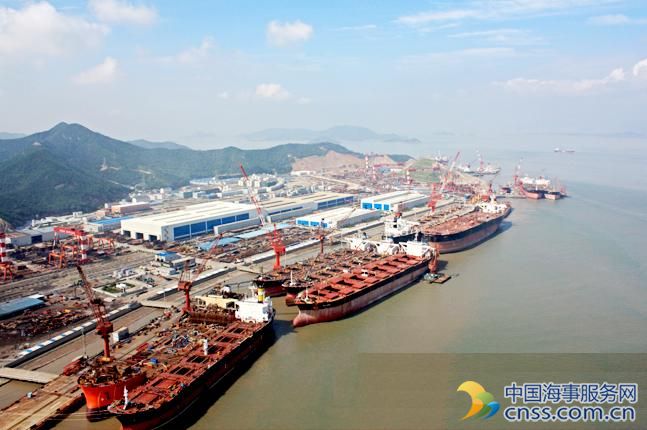China urged to play bigger role in setting global commodity prices

As China pledges to internationalise its futures markets, the country should open commodity futures trading to foreign participants and play a bigger role in setting global prices for metal, energy, and agricultural commodities, according to industry players and analysts.
The China Securities Regulatory Commission (CSRC) recently announced plans to allow more overseas industrial companies to participate in the mainland’s commodities futures market in order to improve pricing.
Fang Xinghai, a CSRC vice chairman, said authorities will launch new futures products this year, including crude oil futures and agricultural commodity options, as part of wider reforms to internationalise China’s futures markets.
“China is already the biggest importer of many commodities in the world. It needs a bigger influence in the global pricing of commodities,” Christopher Fix, managing director and head of Asia Pacific for the CME Group, told the South China Morning Post.
China’s clout in the setting of commodity prices has already been growing, especially in copper and iron ore, Fix said.
“Asia is expressing its views” in the setting of commodities prices, he said.
China currently has four futures markets – the Shanghai Futures Exchange, the Dalian Commodity Exchange, the Zhengzhou Commodity Exchange, and the China Financial Futures Exchange.
Fix said CME has provided advice and assistance in China’s futures market development.
However, he acknowledged that China’s futures markets lack global participation.
[CME Group’s Christopher Fix believes China needs more influence in the global pricing of commodities. Photo: Handout] “International investors still can’t participate in many futures trading,” Fix said.
Earlier this month, Dalian Commodity Exchange announced that one of its priorities this year was to introduce overseas investors to its iron ore futures trading in order to “enhance its role in global price discovery” and “serve the real economy”.
“It’s important for China to establish international commodity pricing centres, as we can have a bigger influence on determining how much they are worth,” CSRC’s Fang said recently in a public forum.“As long as we have those pricing centres, our companies and investors can have a better understanding of the price movement and hedge in advance.
“However, our futures markets are far from being international enough to qualify as these pricing centres. We need to put our focus on opening up commodity futures trade and introducing foreign investors to our market.”
Fang said there was increasing demand from international companies to trade in the country’s domestic futures as they have operations in China and need to hedge against fluctuations in commodity prices.
Meantime, as China’s economic influence grows globally international investors also hope to take part in China’s futures markets.
Fang said China will start the liberalisation of futures trading with heavily traded commodities like oil, iron ore, natural rubber and then gradually expand to other products.
“Price discovery in China will be efficient if domestic markets are linked to global markets,” Fix said, adding that better price discovery could help with risk management and efficient resource allocation in the economy.
Another potential obstacle on China’s path to becoming a pricing power is the significant price volatility in China’s own futures markets, analysts said.
“China’s commodity market is highly speculative,” said Wang Fenghua, an analyst for Lianxun Securities.
The National Development and Reform Commission, the country’s top economic planner, recently launched a probe into whether speculation has distorted commodity futures prices amid concerns that price surges will drive inflation higher, according to a Bloomberg report.
The speculation may be due to the large number of individual traders, who tend to be more short-term focused and are less concerned with supply-demand dynamics, analysts said.
According to an estimate by Haitong Securities, China’s commodity futures market is dominated by retail investors, who contributed 67 per cent of the total turnover of 177 trillion yuan (US$25.7 trillion) in 2016.
“China needs to improve the regulatory environment and squeeze out excessive speculation, while attracting more industrial capital into the market, especially overseas industrial companies, ” Fang said.
Source: South China Morning Post
HEADLINES
- Do shipping markets want Biden or Trump for the win?
- All 18 crew safe after fire on Japanese-owned tanker off Singapore
- Singapore launching $44m co-investment initiative for maritime tech start-ups
- Cosco debuts Global Shipping Industry Chain Cooperation Initiative
- US warns of more shipping sanctions
- China continues seaport consolidation as Dalian offer goes unconditional